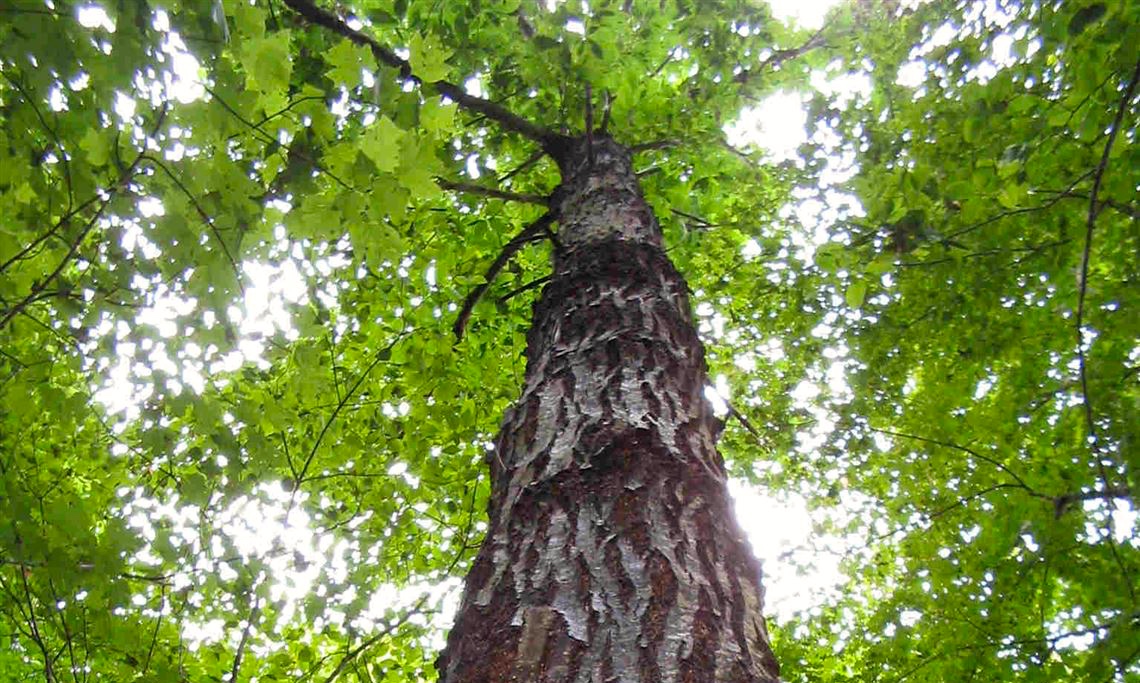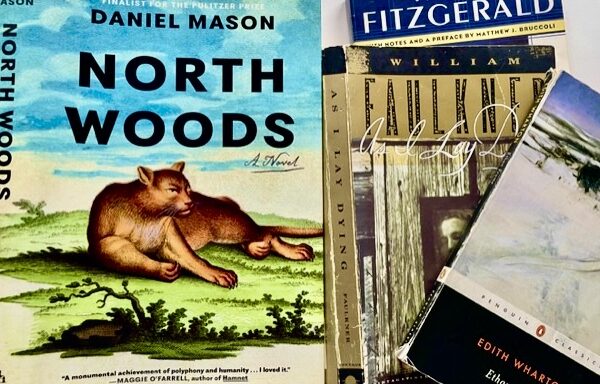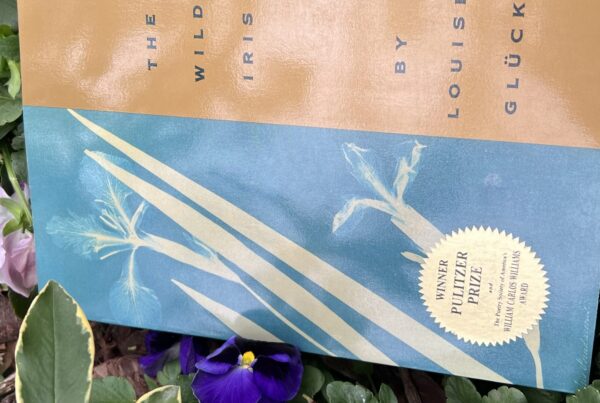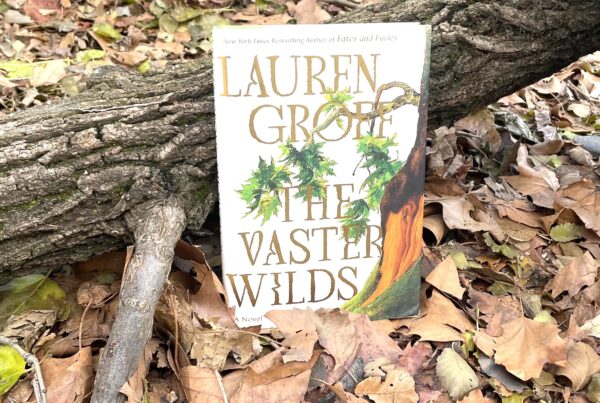I am constantly looking for the next great novel to equal the likes of 19th century masterpieces Middlemarch or Tess of the d’Urbervilles. A retired English professor who teaches literature courses to lifelong learners, I’m often frustrated by the unconvincing characterizations and endings in today’s novels, and because reviewers made Richard Powers’ The Overstory sound like a serious treatise on environmental science, I resisted reading it. But I did read it, and now, it haunts me. Critics have called The Overstory a “Great American Eco-Novel,” but to me, it defies categorization. On the one hand, it is a traditional, realistic novel, while on the other, it’s a call to arms to defend the environment against human predation.
Powers presents an account of eight people one at a time and disconnected from each other except for the fact that a particular tree is important to each of them. The first of the book’s four sections reads more like a short story collection, while the subsequent three parts are more like a novel with linked stories. In the first section, Nicholas Hoel is an artist whose immigrant grandfather plants a chestnut tree on the family farm and whose father and he continue the tradition of photographing the tree on the twenty-first of each month to document its growth. Because it is isolated on the Iowa prairie, in time this tree becomes, by chance, one of the last chestnuts to survive the blight that killed all the other chestnut trees in the U.S.
Powers’ stories leap over decades and his language is beautiful. For example, at the end of the first story he describes Nicholas’ observation of the chestnut tree: When he looks up, it’s into the branches of the sentinel tree lone, huge, fractal, and bare against the drifts, lifting its lower limbs and shrugging its ample globe. All its profligate twigs click in the breeze as if this moment, too, so insignificant, so transitory, will be written into its rings and prayed over by branches that wave their semaphores against the bluest of Midwestern winter skies. Although I wanted to hear more about Nicholas, Powers switches to the story of Mimi Ma, daughter of a Shanghai immigrant who brings with him three precious jade rings and a priceless scroll that will show up much later in the story. Ma plants a mulberry tree like the one carved into the jade, and when it sickens and dies, so does Mimi’s father. We then follow her story over the decades just as we do Nick’s in the first tale.
Powers orients us to each individual story with references to actual historical events occurring in the U.S., so the book becomes a kind of history of the U.S. as well, blending environmental science with the individuals who conspire to defend and celebrate the natural world. Just when you are wondering what has become of each preceding person, he starts to weave a larger story in the second section. Part of the pleasure of this book is the surprise of seeing how he does it—a kind of mystery built into the text—that I don’t want to ruin for you. Just keep reading. Six more stories are included in first section of The Overstory, including the story of a child who’s “different,” and ends up being a psychology professor; a computer genius who forms a wildly successful tech company that markets virtual reality games; a brilliant botanist who discovers that trees actually employ a kind of communication; and a hippie who becomes a tree-hugger to protect the redwoods and ends up participating in an act of domestic terrorism.
I love the specificity of Powers’ descriptions, his vivid adjectives and verbs, his evident love of what he sees around him. He teaches us about nature without preaching, and reminds his readers of the importance and endurance of the world beyond the human. The resolution of The Overstory is sobering, though deeply satisfying aesthetically. Symphonically, Powers weaves the stories of eight individuals with his eco-theme and the characters entwine with each other, giving us a deeply rewarding resolution to a dramatic and suspenseful work of fiction. I loved this novel.




